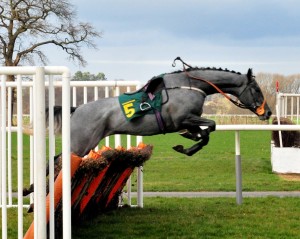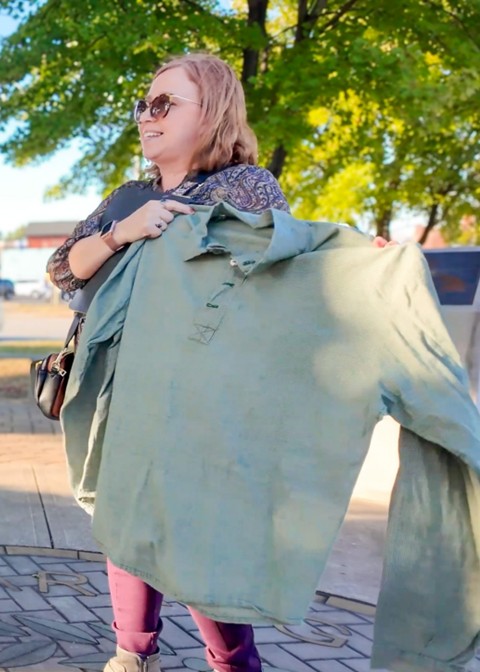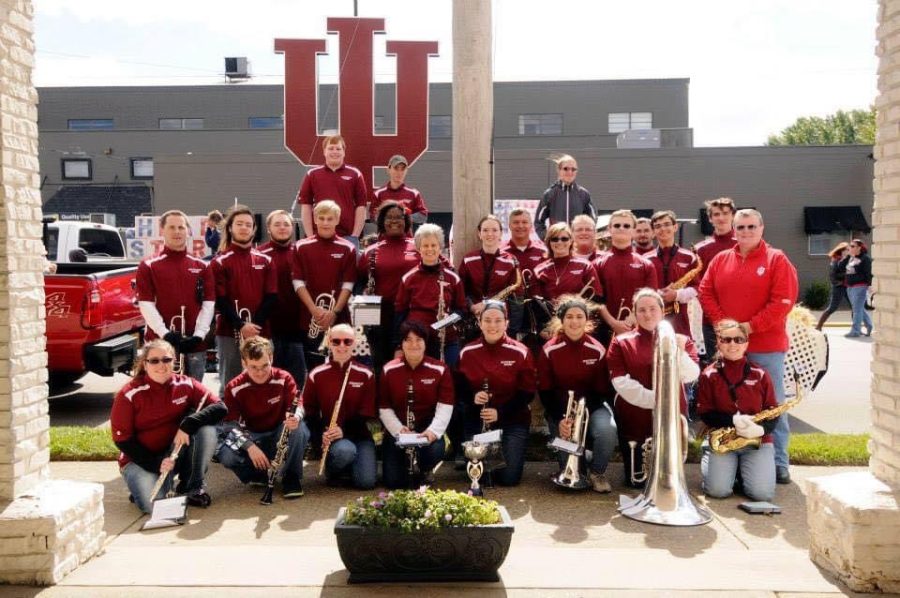
In honor of National Mentoring Month, the Center for Mentoring welcomed Pat Day, Hall of Fame jockey, to speak about his life’s successes on and off the race track on Jan. 13 in the Hoosier Room.
Since its creation at the Harvard School of Public Health in 2002, January has been declared National Mentoring Month, a time when people across the country are encouraged to show gratitude to those in their lives that have shown them direction and guidance.
June Huggins, director for the Center of Mentoring, said Jan. 26 is Thank Your Mentor Day, and people celebrating will write personal letters to their mentors to thank them for the various ways in which they have been supportive. She said a mentor can be anyone — a teacher, a church member, a neighbor or a relative.
Day is originally from Colorado and said he never dreamed he would be speaking as a role model, despite all 8,800 of his winning moments in horse racing.
He said all of the fame he has accumulated in the 32 years he raced is not what makes him a mentor. Rather, his new approach to embracing faith since his retirement is what gives his life a purpose.
Day admittedly shared with the audience that his fame did not use to be synonymous with happiness. Day said growing up as a boy at school who never grew past 4 feet 11 inches gave him somewhat of an inferiority complex, but, once his fame began to build as a bull rider then jockey, he found himself suffering more from a feeling of superiority, finding that no one could touch him, not even the law.
Day said he was following the party crowd every chance he had, knowing that, in his new position in society, there would never be any repercussions for his poor behavior.
After years of winning and celebrating, Day said he began to realize that he was living in a drug-and alcohol-induced stupor and needed to find a way out.
Enthusiastically, he then shifted his speech in a new direction and started discussing his life near the time of his retirement in 2005.
He said he knew when he left racing he needed to figure out how he fit into the world’s big picture, and that questioning led him to understand the emptiness he felt.
“When you have a beautiful wife, a house in the suburbs, you think that leads to long-term peace and joy and contentment, but it doesn’t,” Day said.
He eventually said he realized he did not acquire all of his success solely by himself, but that all of his successes were owed to God.
“I knew that God had been working behind the scenes, directing my footsteps,” he said.
A couple of short stories followed of how many times he had come close to serious injuries while on the track, some that potentially could have ended his life. He told how God had to have been there to guide him during those moments.
Once Day decided to become a more spiritual person, his personality changed. He said he felt more content, and he no longer saw an empty pot at the end of the rainbow like he had before.
He noted that his mother has always been his most influential mentor, and, after many troublesome years, he found that all he needed was her advice — smile at everyone he sees and become a positive role model in every way that he can.
The uplifting talk was interwoven by bits of Day’s unique humor, as well. He told of how after he accepted God into his life that he was calmer and more cool when faced with tough questions being asked by the press after losses on the track.
“When the press would ask me why I don’t seem upset, I’d start reciting Romans 8:28,’” Day said. “If you want to get rid of secular media, quote a scripture.”
While Day is honored all across the Louisville area for his accomplishments in racing, he left those in the room forgetting that he was even a jockey, coming across more as an invigorating and motivational speaker.
Greg Roberts, adviser for the School of Arts and Letters, said what he thought of Day.
“He is very encouraging and compassionate,” Roberts said. “He showed everyone here that you have to believe in yourself.”
Day gave some advice for the audience to take with them.
“If you’re human, you’re a role model,” Day said.
By ASHLEY WARREN
Staff
aswarren@ius.edu






